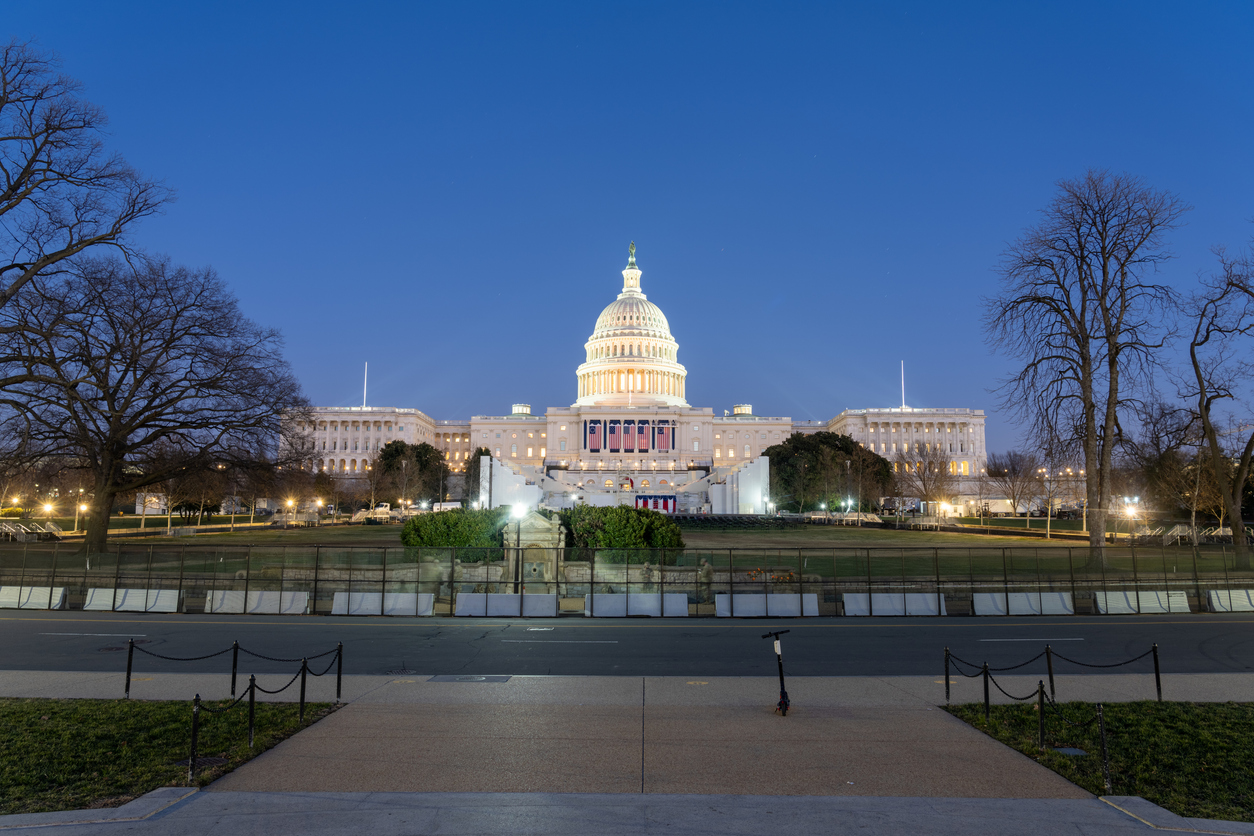UPDATE (9/3/2024):
The Department of Homeland Security restarted the parole program for individuals from Haiti, Nicaragua and Venezuela to enter the United States legally with a US based sponsor. The federal government had suspended this program in June due to concerns of fraud. It will now restart the program with increased fraud checks. In order to apply, the individual must be a national of one of the designated countries, be outside of the US, and have a US-based sponsor. The granted beneficiary will be able to travel to the United States and obtain a US social security number and work permit.
UPDATE (8/27/2024):
On August 23, 2024, 16 states filed a lawsuit challenging the legality of the "Keeping Families Together" program that allowed USCIS to accept and grant applications for parole in place for certain individuals who entered the United States without inspection more than ten years ago and have a U.S. citizen spouse, or for certain qualified stepchildren of U.S. citizens. On August 26, 2024, a federal judge in Texas issued a 14-day nationwide stay or "pause" of the program. This stay does not prevent USCIS from accepting applications, however, it means that USCIS cannot approve applications under the Keeping Families Together program. Applications that are currently pending cannot be decided, and applications that have not yet been filed cannot be decided either. The 14-day stay is renewable indefinitely, meaning the states may ask the judge to reissue the stay the entire time the lawsuit is pending. The federal judge has also authorized expedited processing to determine if the program is unlawful, with briefing from both sides set to end on October 10. A hearing has not been scheduled yet, though it will take place after briefing is completed.
UPDATE (8/19/2024):
We are pleased to announce that as of today, we are eligible to file Form I-131F, exclusively online through a USCIS account. The filing fee for this form is $580.
Applicants should note that it is not required to terminate removal proceedings to apply for Form I-131F, though doing so may benefit the later adjustment of status process. However, individuals who are considered a priority by ICE will not be eligible.
Those with an unexecuted removal order may still be eligible to apply, but must demonstrate 'significant favorable factors' that outweigh the removal order. Widowers who were married on or before June 17, 2024, may qualify if they meet all other requirements and had a properly filed I-130 before their spouse's death or filed an I-360 within two years.
Generally, individuals will be ineligible if they have a criminal conviction that would render them inadmissible for adjustment of status or have a pending criminal charge. This includes offenses such as felony DUI, domestic violence, and other serious crimes.
Approved parole will be valid for up to three years, during which time parolees will also be eligible for a work permit for the same duration.
President Biden has just announced that beginning on August 19, 2024, eligible spouses and children will be able to apply for this process to obtain legal status while remaining with their families.This pivotal action could have significant implications for many individuals living in the United States. At Murray Osorio PLLC, we understand the complexities of immigration law and are here to help you navigate these changes.
On June 18th, the President announced a new process to help U.S. citizens with noncitizen spouses and children who have been here for 10 years or more keep their families together. This new action – which will help certain noncitizen spouses and children apply for lawful permanent residence without leaving the country – is expected to apply to approximately half a million spouses of U.S. citizens, and 50,000 noncitizen children whose parent is married to a U.S. citizen. This move will also create a more streamlined pathway to U.S. citizenship, addressing long-standing challenges faced by immigrant families.
This executive order comes on the heels of President Biden’s recent temporary ban on asylum-seekers entering between ports of entry. The administration is clearly attempting to balance strict enforcement measures with compassionate reforms.
For undocumented spouses of U.S. citizens, this executive order could be a critical lifeline, offering the chance to remain in the country legally and work towards permanent residency. If you believe you might be affected by these changes, it’s crucial to seek professional legal advice to understand your options and rights.
At Murray Osorio PLLC, we are dedicated to providing comprehensive immigration legal services. Our experienced attorneys are ready to assist you in navigating the complexities of this new policy and any other immigration-related matters. Contact us today to schedule a consultation and ensure your interests are protected in light of these significant changes.

